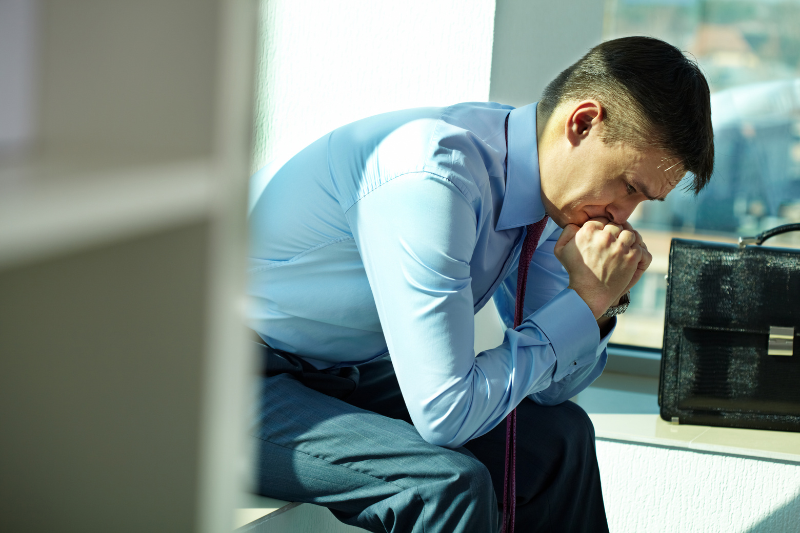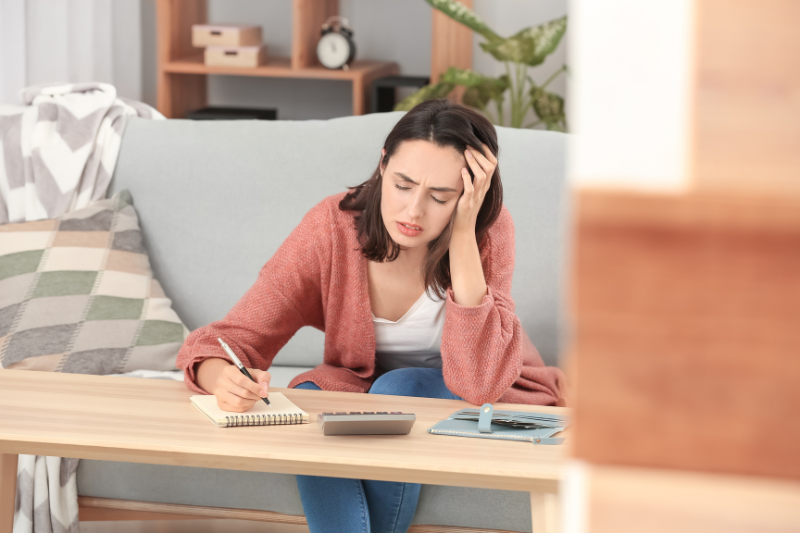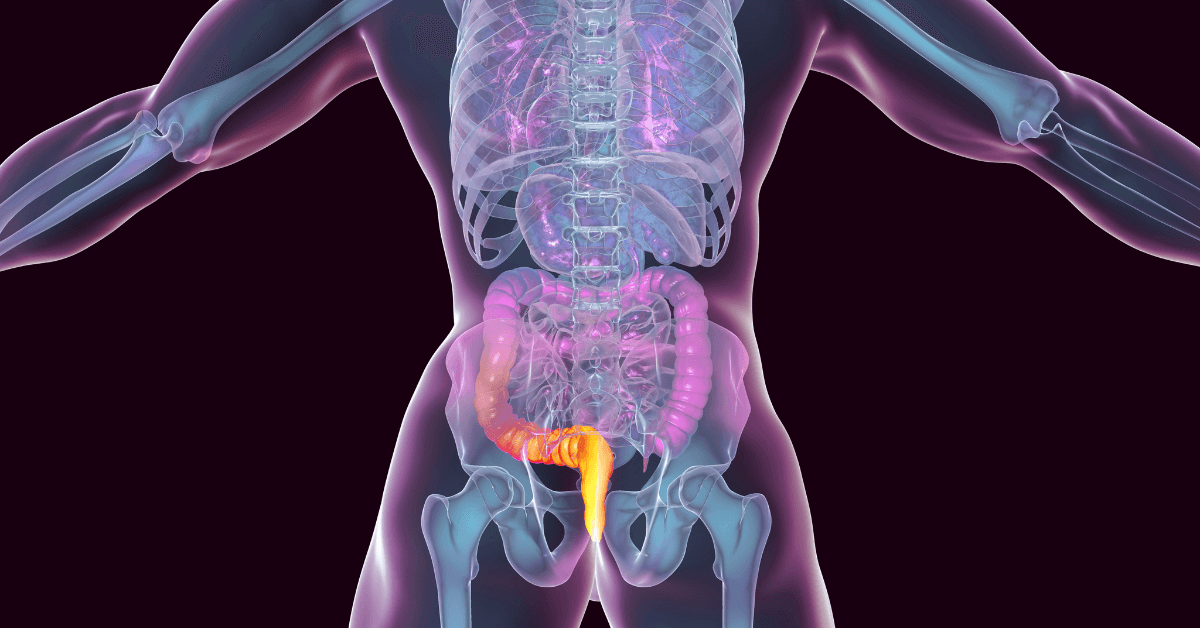Hemorrhoids and Constipation Overview
We all know that constipation is an underlying cause of hemorrhoids. But what about the reverse? Can hemorrhoids cause constipation? Yes, hemorrhoids trigger discomfort, making it difficult to pass stools by blocking the stool passageway. Some patients might avoid bowel movements due to fear of pain, causing stool buildup. Similarly, hemorrhoids and constipation are closely linked, with both being causative agents for each other.
The Connection Between Hemorrhoids and Constipation
The connection between hemorrhoids and constipation isn’t direct. The key factor here is the fear of pain and discomfort that forces people to change their bathroom habits. They tend to put off having bowel movements to escape the pain. Let’s have a look at the descriptive factors.
Swollen Hemorrhoids
In the case of swollen hemorrhoids, the anus is almost entirely blocked. This obstruction makes passing stool even more difficult.
Dietary Changes
Hemorrhoid patients are prone to changing their diets, which in turn leads to constipation. For instance, they may eat fewer dietary fibers to avoid gas or bloating. This approach makes stool even harder to pass.
Straining
One of the major causes of hemorrhoids is straining on the toilet. This, in turn, poses an increased risk of constipation occurrence. Likewise, constipation can also cause hemorrhoids indirectly. When suffering with constipation, patients tend to strain on the toilet, putting pressure on the anus. This pressure on the anal veins can make them inflamed – causing hemorrhoids.

Symptoms of Hemorrhoid-Related Constipation
The concept of normal bowel movements varies from person to person. Certain guidelines can help determine if you are suffering from constipation. These include:
- Hard, lumpy, and dry stools.
- Difficulty passing stools, leading to straining.
- Fewer than three bowel movements per week.
- The feeling of having more stool in the rectum after defecating.
How to Treat Hemorrhoid-Related Constipation?
The key to treating hemorrhoid-related constipation is to have soft and easy-to-pass bowel movements. This will demand certain lifestyle changes, like:
Increase Water Intake
Dehydration can lead to harder and lumpier stools. However, doctors advise increasing water intake to soften stools.
Avoid Straining
Generally, stools are easier to pass; however, you should avoid the urge to strain. Also, don’t sit on the toilet for long spans. Both of these habits can cause hemorrhoids.
Indulge in More Exercise
A sedentary lifestyle also causes constipation. Move yourself and do different exercises to remain active.
Include Fibers in Your Diet
Include more soluble fibers in your diet. These will bulk up stools, making them softer to pass. Fiber supplements can also prove useful. However, ensure to consult with your dietician or healthcare professional before including them in your diet.
Treat Hemorrhoids
You may try mild pain relievers or over-the-counter hemorrhoid medications. A sitz bath is also effective for reducing swelling and treating constipation.

Hemorrhoids and Constipation – Prevention Strategies
As constipation can happen due to certain factors, it’s quite hard to prevent it. It’s because certain causative agents are unavoidable. These include pregnancy and other medical conditions. However, you can still look for different ways to reduce those effects. Here are some effective prevention strategies:
- Try to have bowel movements at the same time every day or at regular intervals. This approach is called bowel retaining in the medical world.
- Avoiding tech devices when in the toilet will also avoid pressure on the rectum and anus. You can also avoid sitting longer with this approach.
- Try squatting when passing bowels. When on the toilet, lift your feet a bit so that your knees are raised and bent, placing them on a regular footstool.
- Go to the bathroom when you feel the urge. Don’t hold in, as it can also put pressure on your rectum and anus, leading to hemorrhoids and causing constipation.
Can Hemorrhoids Affect Bowel Movements in Any Other Way?
As hemorrhoids are swollen veins, they might cause a feeling of fullness in the rectum or anus. You might feel that there is a stool in the rectum. This sensation tempts people to sit on the toilet for longer spans, straining to pass the stools when there isn’t any. This further swells the hemorrhoid.
Hemorrhoids are also itchy, causing further inflammation of the skin surrounding the anus. This can, in turn, worsen the pain. Additionally, hemorrhoids can cause blood in stools or blood on toilet paper. If you observe any, rush to your healthcare professional. No doubt, it’s a symptom of hemorrhoid, but diagnosis is still essential. What if another serious cause causes blood in your stool?

When to See a Healthcare Professional?
If you have been experiencing symptoms for over a few days now with no signs of relief or have observed concerning symptoms, it’s time to rush to your healthcare professional. Blood or visible mucus in the stool, unmanageable pain, sudden weight loss, vomiting, abdominal pain, fever, etc., are all concerning symptoms. So, if you observe any of them, be sure to consult with your doctor, as it might be because of a severe underlying health condition requiring immediate treatment. Never overlook any disturbing symptoms.
Individuals suffering from hemorrhoids tend to think of swollen hemorrhoids as stools. They are tempted to strain and sit longer on the toilet, leading to constipation. On the other hand, constipation can also trigger hemorrhoid development. Meaning that both hemorrhoids and constipation are closely yet indirectly linked.
However, certain treatment and prevention strategies can ensure ease for you. Aside from the at-home remedies, all other pain relievers or over-the-counter medications require prescriptions. Call us or schedule a teleconsultation to further inquire about minimally invasive laser treatment.



